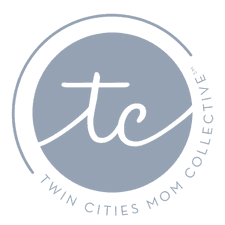About a month ago, my husband and I learned that our 14 month old son, Eli, needed glasses. A few weeks after our ophthalmologist appointment, Eli started sporting a pair of rectangular dark grey frames, and hands down, the most common question we now get asked is, “How did you know he needed glasses?”

It’s a completely legitimate question, and we totally understand why people would wonder. Our son can only say a handful of words, none of which would have tipped us off to the fact that his vision wasn’t up to par. For us, I had noticed that Eli’s left eye wandered – just a bit – since he was about eight months old. It was slight enough that usually I just told myself I was seeing things, and when I did bring it up to my husband or another person, they brushed it off as well, saying it was a trick of the eye – my eyes, that is. At 14 months, we were at the pediatrician’s office because Eli was sick and the particular pediatrician we saw was the first doctor to notice Eli’s eye wandering. He brought it up to me and I confirmed that I’d seen it for a while, so he referred us to a pediatric ophthalmologist and suggested we had his vision checked, just in case.
At the appointment, we learned Eli has accommodative esotropia, which basically means he’s farsighted and his eyes were crossing due to the effort he was putting forth to see things. He now has glasses and wears a patch for an hour a day.
As you would assume, most babies, toddlers and even older children, don’t even know that they have blurry vision, because that’s the way their vision has always been. It’s usually not until you put a pair of glasses on a child that they realize what they’ve been missing. And since babies and toddlers can’t tell us verbally that their vision is less than stellar, here are a few things you can watch for, depending on their age:
- Frequent squinting
- Sitting close to the TV or iPad
- Pulling books or paper they are coloring on abnormally close
- A wandering eye (or both eyes), even a very slight misalignment*
If you don’t currently have vision insurance for your child or can’t afford a vision assessment, there is an awesome public health program, InfantSEE that offers comprehensive infant eye assessments between 6 and 12 months at no cost. There are several providers right here in the Twin Cities, just type in your zip code on the website to find one close to you.
I honestly never thought I’d have a child with vision issues. Neither my husband nor I wear glasses, so we just assumed our children wouldn’t have a problem either! But I’m so thankful our doctor did notice it and suggest we have them checked. I know Eli can tell that his glasses help him to see – he points to them first thing in the morning and signs for us to put them on. He studies books much more intently and his walking skills improved tenfold within the first week that he that he got glasses. Even if you don’t suspect anything, I’d encourage all parents to have their children’s vision checked as soon as possible. It might seem scary to have a baby or toddler in glasses and it does come with a lot of work and emotions, but it’s so worth it when you know that it means that your child can finally see the world clearly.
If you’re curious to learn more about our experience, here’s the full story behind getting him glasses and the emotions that come with it, and a FAQ.
*It’s very normal for a child’s eyes to cross from newborn to three months. Only after three months should it be a cause for concern and a vision screening.




2 comments
Kudos to you for following your instincts! The optometry / ophthalmology route was actually how we discovered our daughter has epilepsy when she was just a toddler. Her seizures were distorting her vision. It’s important to trust our guts on this stuff! Well done!
Thanks Sarah! That’s amazing that having a vision check revealed epilepsy. I’m glad to hear you were able to discover it – it’s amazing how much is related to vision!